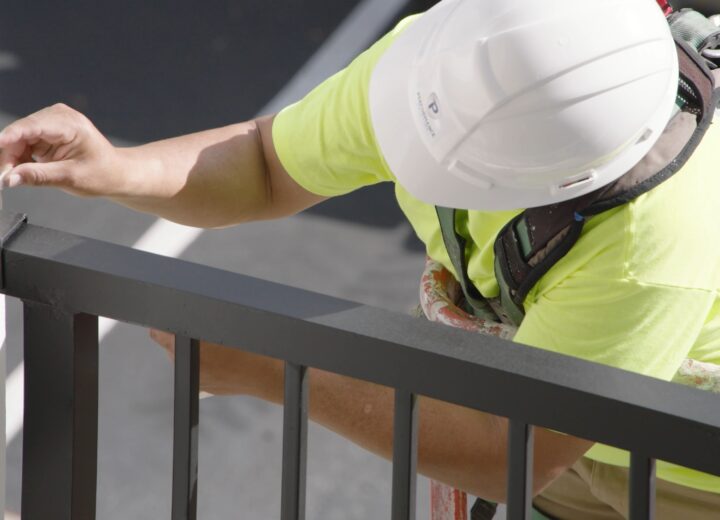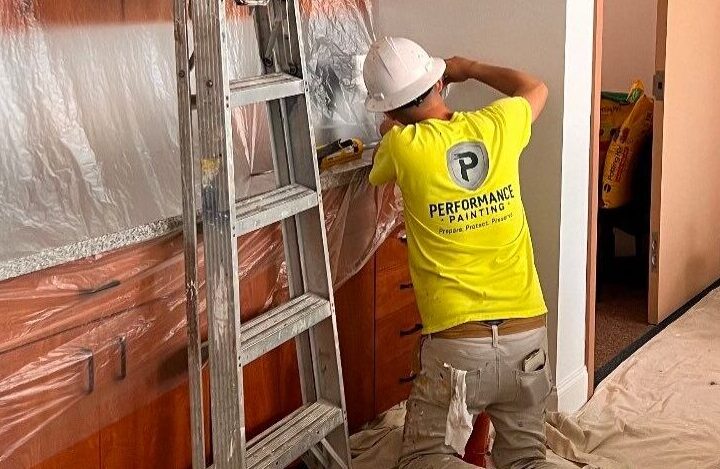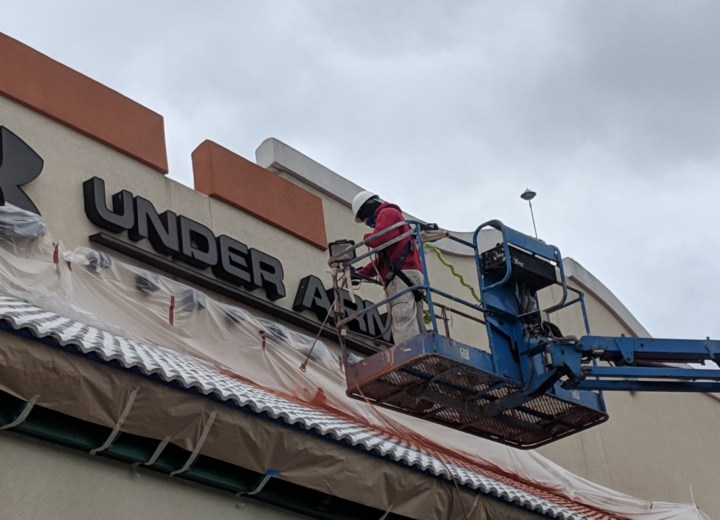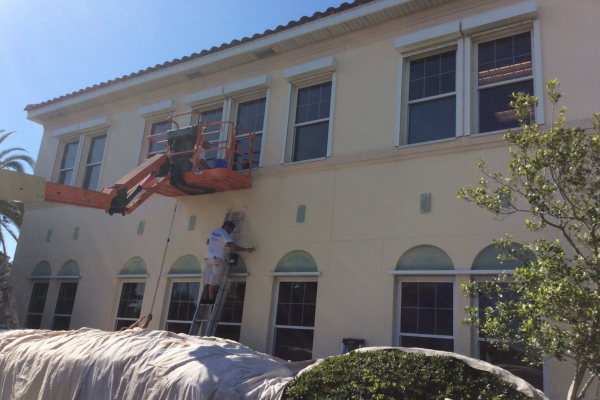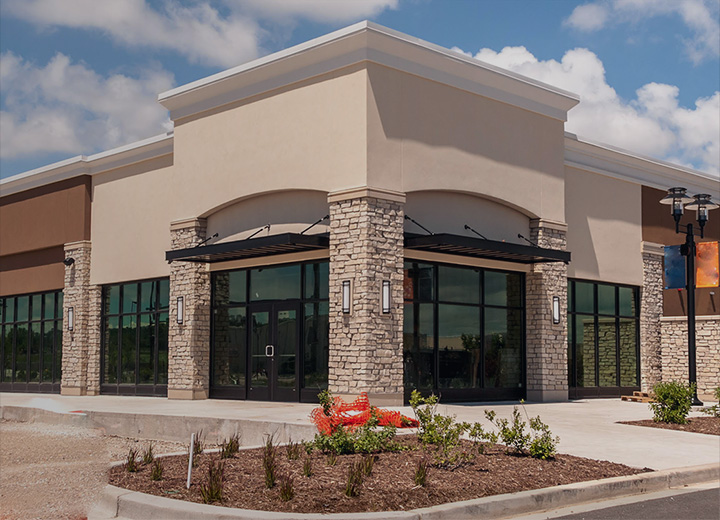I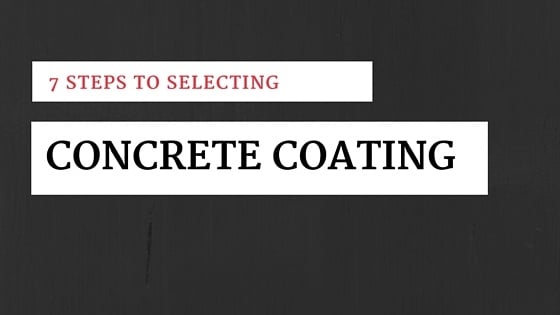 n industrial environments, concrete floors are subject to mechanical, thermal and chemical stresses often caused by impact, friction, abrasion, very high and low temperatures, and different substances, such as acids, salt solutions and alkalis. Since untreated concrete is porous, therefore susceptible to damage due to wear and tear, moisture, chemicals, etc., finding a way to protect concrete structures against deterioration it’s extremely important to extend their service life.
n industrial environments, concrete floors are subject to mechanical, thermal and chemical stresses often caused by impact, friction, abrasion, very high and low temperatures, and different substances, such as acids, salt solutions and alkalis. Since untreated concrete is porous, therefore susceptible to damage due to wear and tear, moisture, chemicals, etc., finding a way to protect concrete structures against deterioration it’s extremely important to extend their service life.
The risk of damage to concrete floors can be minimized and even eliminated by adding special aggregates and additives to the concrete mixture or by applying adequate concrete coating systems to protect structures against concrete-damaging factors.
In this post, we’re going to focus on the second option and talk about the things you should consider when choosing a coating system for your concrete floor. Since the process of selecting the right coating can be quite complicated, confusing and overwhelming, we’ve broken it down into a practical seven-step guide.
- Consider the condition of the concrete slab. Evaluating the current condition of the slab before choosing a coating system is critical. That’s because the materials and methods used to make repairs and prepare the concrete surface for the installation of the coating system will have some bearing on coating selection. For instance, if you choose a thick coating system before you make the necessary repairs, which sometimes imply adding a new layer of concrete to the existing slab, the floor may end up being too high.
- Anticipate exposure conditions. Being aware of the operating conditions expected (e.g. normal wear and tear, chemical exposure, thermal shock, etc.) will help you choose a concrete coating system that has the necessary physical and chemical properties to perform optimally under specific conditions.
- Check coating performance. Understanding how performance varies according to the type of coating will help you choose the right product for the job. As a general rule, epoxy coatings are characterized by superior adhesion, mechanical properties and chemical resistance; urethane formulations have excellent gloss retention and good impact, abrasion, stain and chemical resistance; epoxy/urethane hybrids come with excellent mechanical and thermal resistance. Coating performance in service is also affected by the film thickness.
- Evaluate durability. Since no concrete coating system will last forever, it’s important to check the real service life of the solution you intend to choose before paying for it. However, the predicted life expectancy of a coating system can be extended through regular maintenance.
- Consider location. Your product choice depends entirely on the location where it will be installed. For instance, if you wish to install concrete coating in a warehouse, the product will be different from that intended for redesigning the floor of an office or retail space.
- Think about aesthetics. As the role of concrete coating systems isn’t only to protect the surface against deterioration but also to make your workplace look more professional and well maintained, make sure that the product selected complements existing decor. When selecting concrete coating for an industrial environment, compliance with the recommended color coding standards will help ensure a safe workplace.
- Perform a cost-benefits analysis. Cost effectiveness is another thing you need to consider. While an inexpensive product may seem the best choice, more expensive coating systems typically ensure high-quality, long-lasting results, which means they’re more cost effective.
To learn more about selecting the right concrete coating product for your business, contact our team at Performance Painting. Since our professionals have extensive knowledge and experience in installing a variety of coating systems, they’re able to provide individualized product and application advice for your project.

